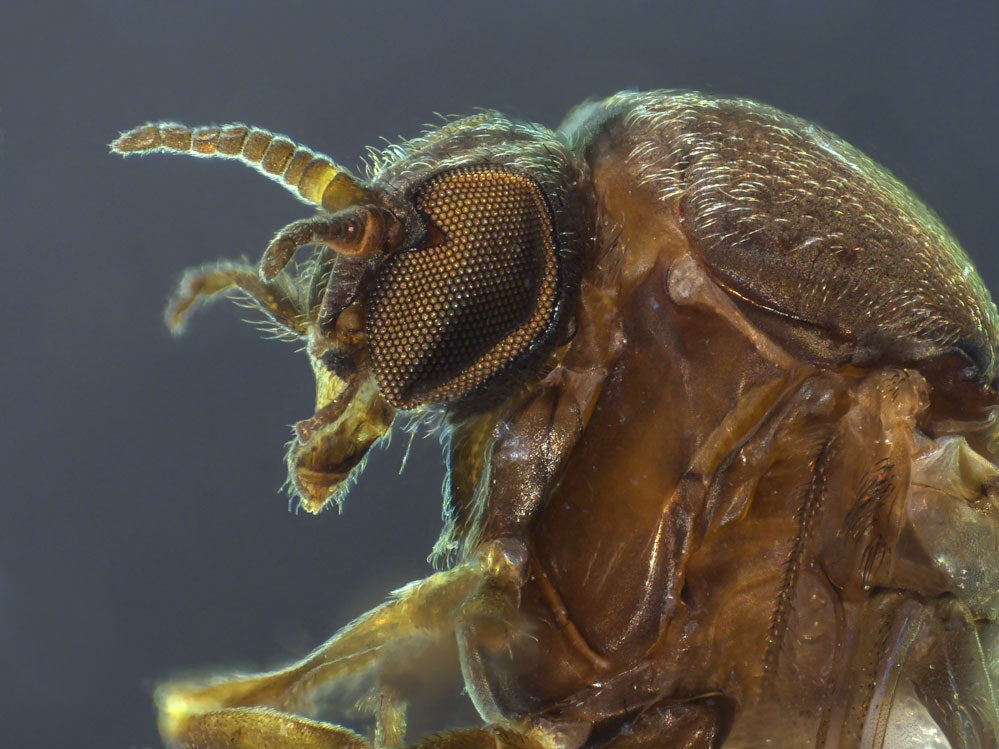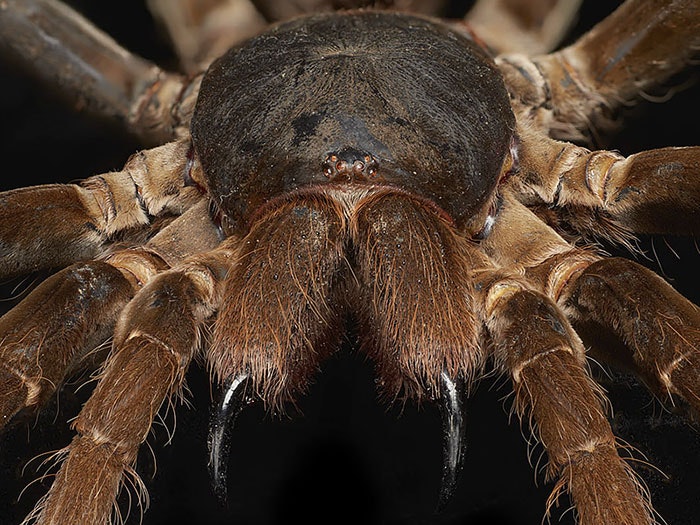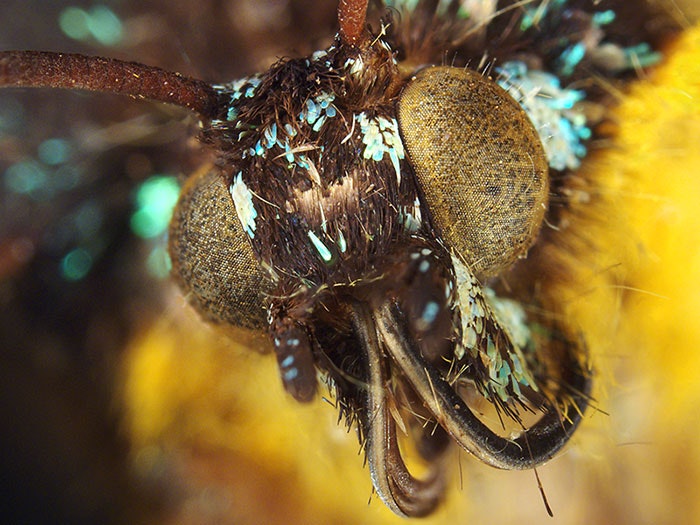
Why are sandfly bites so itchy?
Sandflies: Why they bite, why those bites are itchy, and are they different to sandfleas?
Free museum entry for New Zealanders and people living in New Zealand
Open every day 10am-6pm
(except Christmas Day)
Free museum entry for New Zealanders and people living in New Zealand
What is that noise cicadas make, and why is it so loud? Te Papa's bug expert Phil Sirvid provides the answer.
Close-up of a clapping cicada
The sound of chorus cicadas (members of the genus Amphipsalta) is a familiar part of late summer in New Zealand. Vast numbers of individuals can emerge around the same time and in the same place, and the combined volume of their calling can be impressively loud.
Only males call, and they are trying to attract females.
Males have special structures on their undersides called tymbals. Repeated contraction and relaxation of the tymbal makes the distinctive sound.
Each species has their own song. This is how females can identify the right species of male to mate with.
Cicadas usually call by day, but individuals close to street lights can be fooled into believing it’s daytime and will call all night long.
While a solo male might attract females, he may also make himself obvious to predators such as birds.
While it might be harder for a male to stand out from a crowd to attract mates, cicadas that congregate together have the advantage of safety in numbers and it has been suggested their noise levels might be so off-putting that birds stay away.

Sandflies: Why they bite, why those bites are itchy, and are they different to sandfleas?

Surely with all those eyes spiders need some rest.

Do spiders sleep? Why are cicadas so loud? Te Papa's bug expert Phil Sirvid answers some of your more unusual questions.